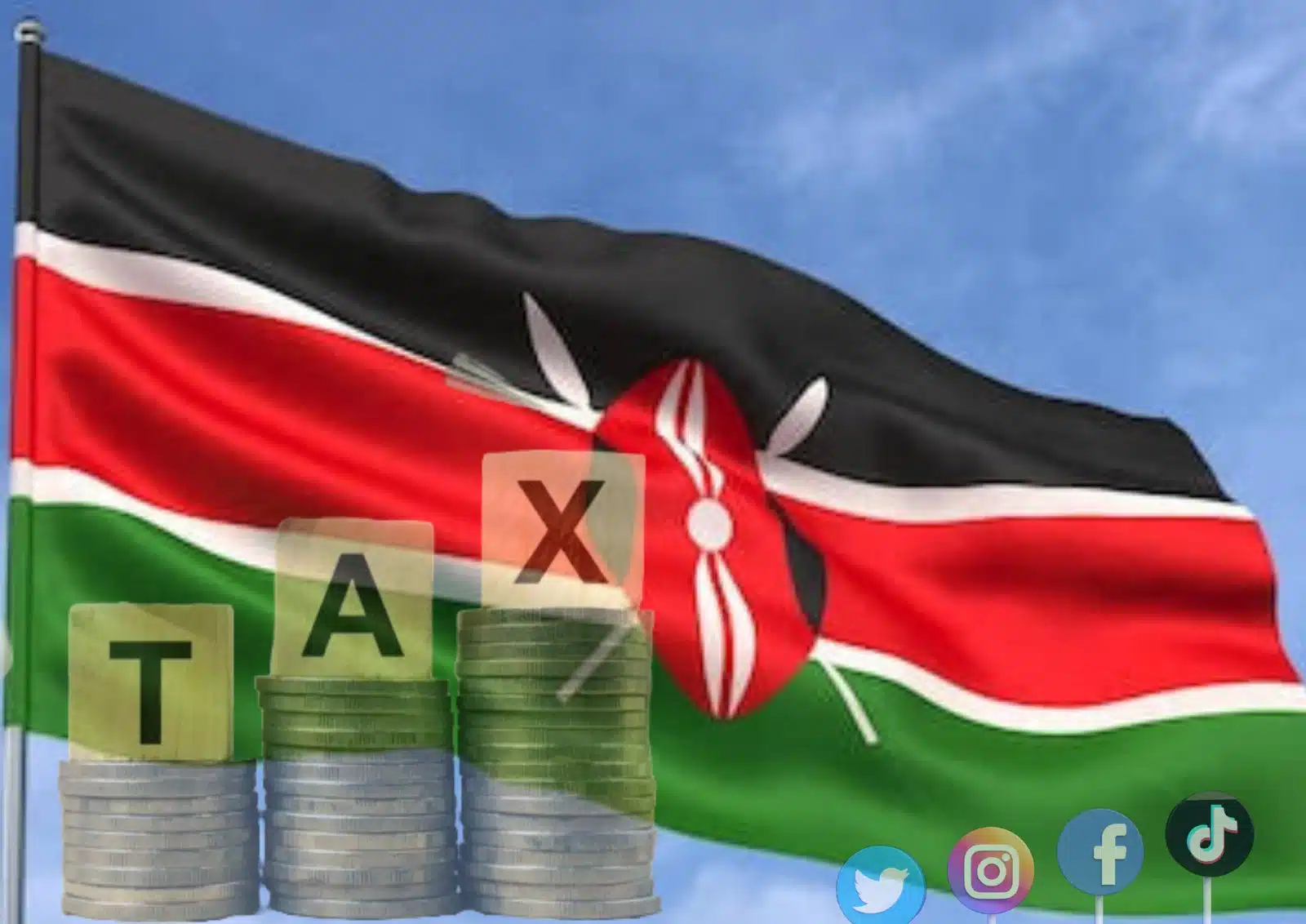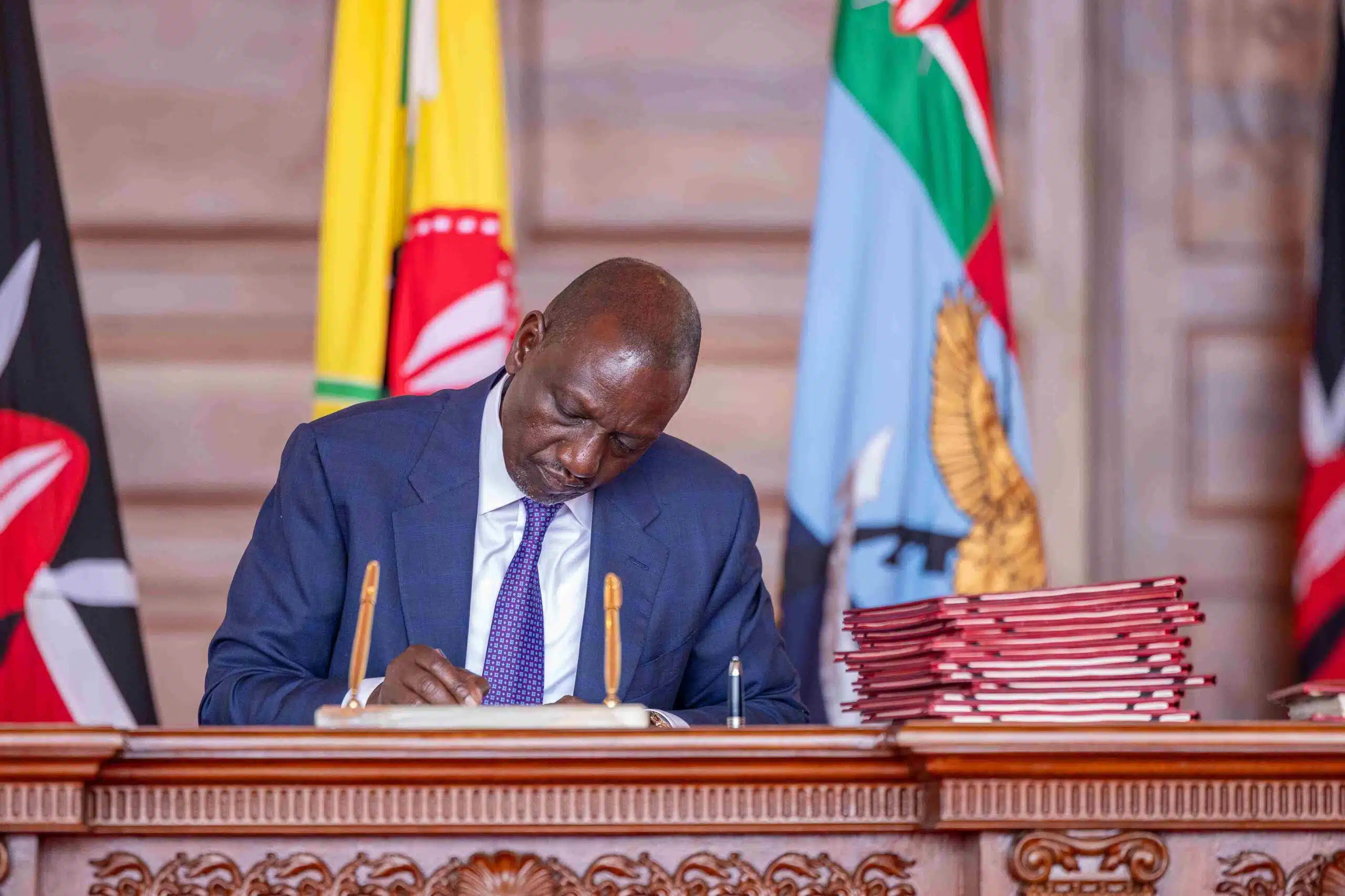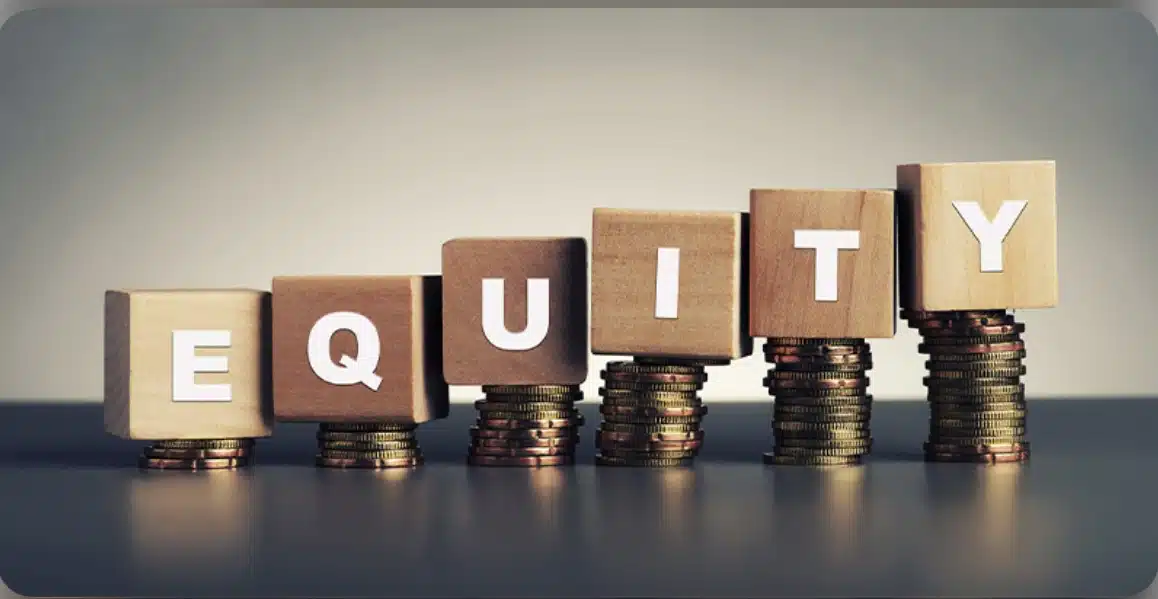Imagine creating videos from your bedroom and earning up to Ksh.1 million a month. For many Kenyan content creators, this dream became a reality after the government secured a monetization scheme in April 2024 to help them earn money through platforms like TikTok, Facebook, and YouTube. This deal opened doors for many talented individuals in music, animation, fashion, and other digital fields.
But now, the government wants a piece of the pie.
President William Ruto recently revealed plans to tax creators benefiting from this monetization. During his speech at the Kenya Private Sector Alliance’s (KEPSA) 20th Anniversary, Ruto stated that it’s only fair for high-earning creators to contribute to the tax system, just like those with smaller incomes.
“If someone earning Ksh.20,000 pays tax, isn’t it fair for someone earning Ksh.1 million to pay something too?” Ruto said.
The government is now working on the Tax Laws (Amendment) Bill, 2024, which aims to bring digital content creators into the tax bracket. The bill has already undergone public participation and is now set for its second reading in Parliament.
How Will the Tax Affect Creators?
While Ruto claims Kenya is one of only four countries offering monetization, Google’s policy shows that 12 African countries, including Kenya, are eligible for YouTube monetization. Meta (Facebook and Instagram) has also been offering monetization options, but mostly through sponsored content.
For creators earning big sums, the new tax will mean less income. A creator earning Ksh.1 million, for instance, will pay Ksh. 207,400 in taxes, which means they are effectively paying 30% of their income in taxes. This is because of the progressive nature of the system where the tax rate rises in steps as income increases.
On the other hand, smaller creators may find the tax burdensome. A creator earning Ksh. 24,000 a month might struggle to pay taxes and still invest in better equipment, promotion, or growing their audience.
While the government hopes the tax will boost national revenue and fairness in the digital economy, it could hinder new creators. It is however important to note that there is an earning threshold in Kenya, where those earning below Ksh. 288,000 annually may pay very little to no tax.






